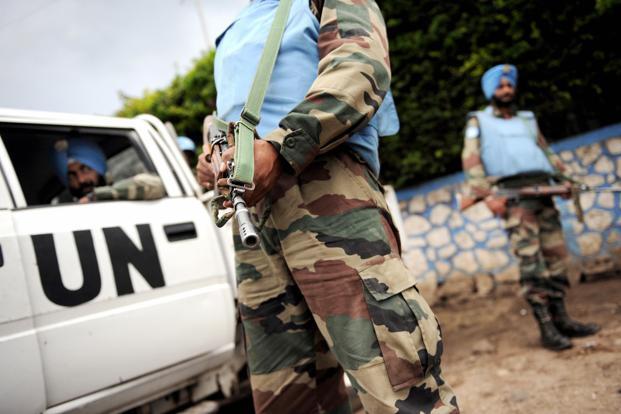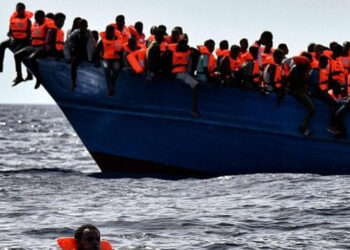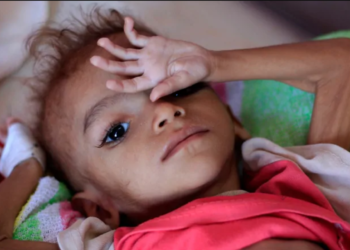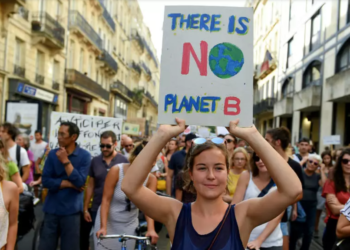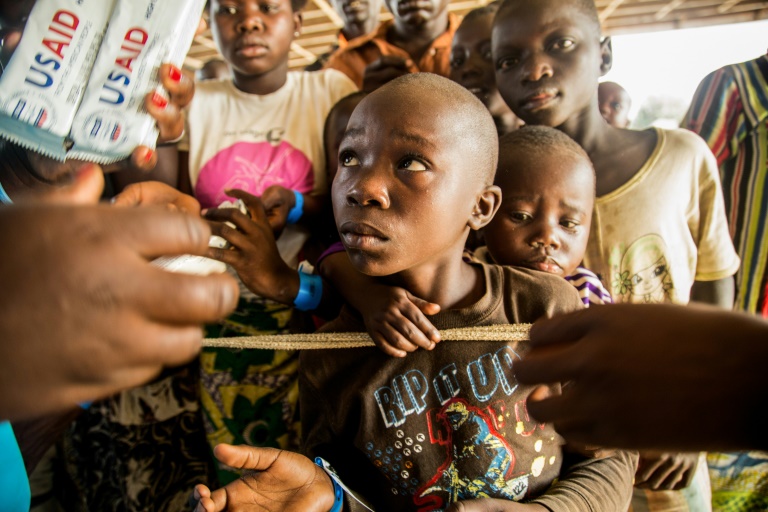The United Nations has on average launched one peacekeeping mission a year since it first got into that business in 1948. In the seven decades that followed the first operation, the conflicts to which peacekeeping has been applied and the peacekeepers’ tasks have both changed dramatically. As a result, today’s peacekeepers are facing missions that are either endless or doomed to fail.
The U.N. has currently 14 peacekeeping operations underway that employ nearly 100,000 people at an annual cost of almost $7 billion. These 14 missions reflect the three stages of peacekeeping’s evolution.
Stages of Peacekeeping
The six oldest operations embody the first stage of peacekeeping. These missions were launched in response to wars between countries over territory and can be described as classical peacekeeping. These six missions have been running for a combined total of over three centuries, and yet, they are making almost no real contribution to peace.
The U.N. then became involved in sending peacekeepers to help countries recover from civil wars, the so-called multidimensional operations. Those missions involved a number of complex tasks but were often successful. Currently, these operations only run in Haiti in Kosovo, and they have shrunk to the point where they are only trying to professionalize the police.
"Countries that needed @UN Peacekeeping to transition from conflict to peace are today playing an important role in maintaining international stability." — @Lacroix_UN on peace, progress & potential in #Liberia, #SierraLeone & #CotedIvoire on @Medium ➡️ https://t.co/zTOhFhDvkU pic.twitter.com/yJxZG97ei8
— UN Peacekeeping (@UNPeacekeeping) July 29, 2019
The third stage, protection and stabilization missions, is the most problematic. These operations are supposed to deal with violent extremism (which is U.N.-speak for terrorism). The U.N.’s six most recently launched missions belong to this stage. They give the peacekeepers objectives they cannot achieve, and their efforts are more likely to make extremism worse instead of reducing it. To understand why requires a quick look at how peacekeeping has evolved.
Evolution of Peacekeeping
In classical operations, the peacekeepers had to help countries involved in a territorial dispute gaining confidence that the other side was not using a ceasefire to improve its military position. The idea was to buy a period of peace during which the contested border could be demarcated. Because the conflict had been between disciplined military forces, as long as the ceasefire held, there was little risk to the peacekeepers.
Wars over territory, which prompted the creation of the U.N., are rare today. Though when they occur, the cause of such wars (a territorial dispute) is never easily resolved. After that imaginary line on a map called a border is drawn, one side or the other will feel it fought a war for ground it did not retain. The politicians involved will often prefer the status quo to a settlement that opens themselves up to harsh criticism.
Ironically, the presence of the peacekeepers actually helps these politicians avoid taking steps that might resolve the underlying dispute. These operations – in Kashmir, Cyprus, Western Sahara, and in and around Israel – present peacekeepers with a manageable assignment, but they provide only the illusion of peace and appear to be endless.
The third stage consists of the six most recently launched operations, that are all in sub-Saharan Africa. They represent the latest evolution of U.N. peacekeeping missions and are the most problematic. They will fail because, at the risk of sounding tautological, peacekeepers cannot succeed if there is no peace to keep. For that reason, the U.N. has begun to refer to them as “peace operations” instead of peacekeeping.
Why Peacekeeping Fails
As peacekeeping became more complicated and then more dangerous, rich countries’ enthusiasm to provide troops diminished. Wealthy nations with the most capable armies were willing to provide soldiers for first stage operations because they saw it as a way to help prevent a superpower confrontation during the Cold War. But as peacekeeping evolved, this enthusiasm waned. The United States, for instance, provides only 0.04 percent of the total number of U.N. troops and police.
Part of the problem is the wealthier the country, the more likely it is to be democratic. That makes their governments more accountable to public opinion, and they have rarely been able to explain to voters why their soldiers should be put at risk in some country few can find on a map.
As a result, the third stage operations are now mainly staffed by troops from poor countries that cannot afford to train or equip them to any significant degree. If the United States cannot prevail against violent extremists in Afghanistan after trying to train and equip the Afghan army for 18 years and counting, there is no chance that the available peacekeepers can in Africa.
Combatting Extremism
To understand why success is such a distant prospect, one also has to consider that these third stage operations are taking place in countries that are among the most corrupt, repressive, and incompetent in the world – Mali, South Sudan, Sudan, the Central African Republic, and the Democratic Republic of the Congo.
These governments are not all that interested in protecting their own citizens, and their armies and police exist mainly to protect the regime’s power. When peacekeepers provide training for these armies, it only enhances their ability to suppress any democratic alternatives and thereby provide a greater incentive for extremism.

There is a better way to combat violent extremism, but it won’t be adopted. A number of studies have shown that a major motivation for young men who join extremist groups is the complete lack of faith that their government will do anything that allows them to have hope for the future. As these studies have concluded, better governance is, therefore, a more effective response to violent extremism than more violence.
The governments in the five countries where the protection and stabilization missions are taking place are not going to become responsive to their citizens’ frustrations overnight. It would help if there were pressure from the international community, but the autocrats need not worry.
The powerful countries of the U.N. Security Council don’t have the attention span, unity, or willingness to place a higher priority on peace than the pursuit of their own national interests to take that happen.
Disclaimer: The views and opinions expressed here are those of the author and do not necessarily reflect the editorial position of The Globe Post.

